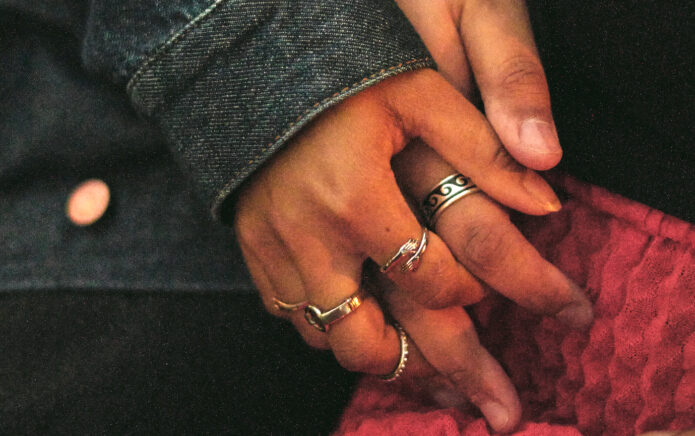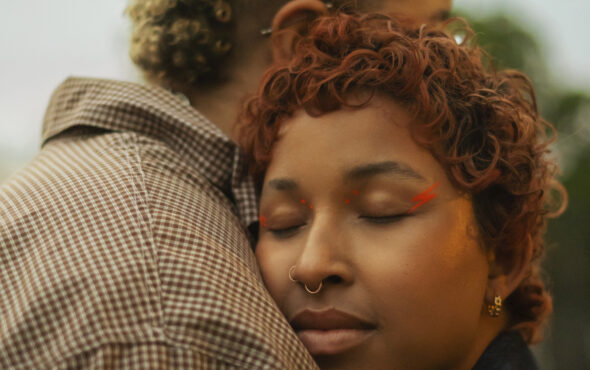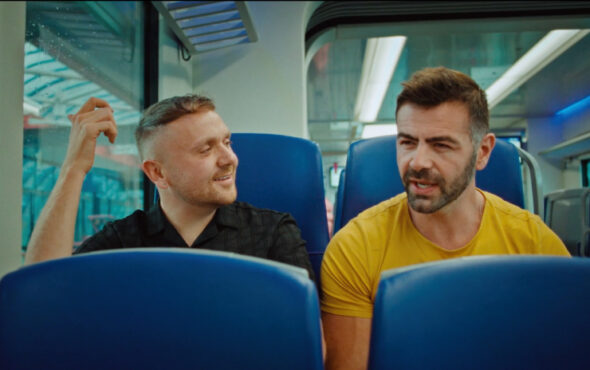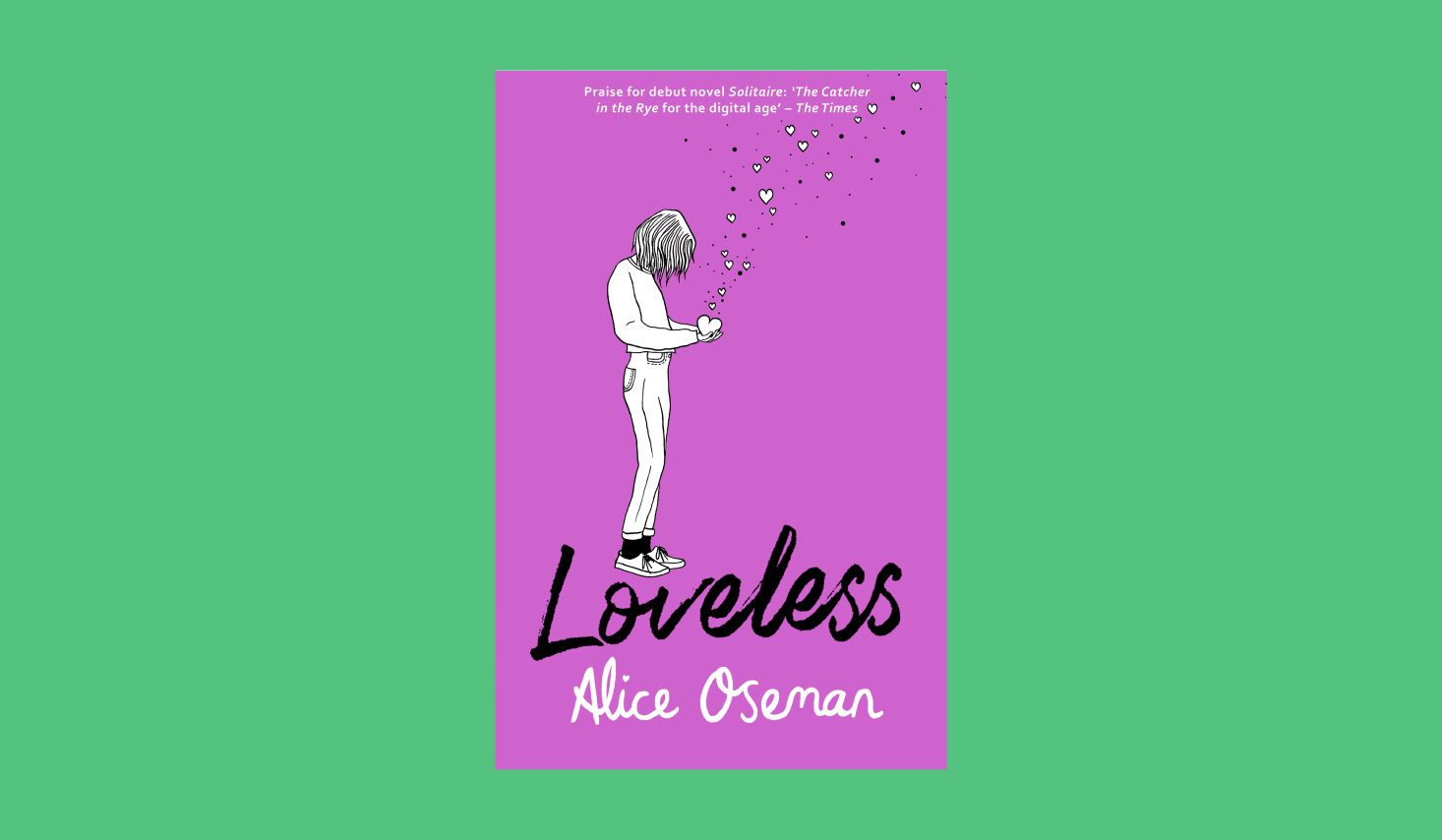
Last November, my university’s LGBTQ+ Society book club decided that our next book would be Loveless by Alice Oseman. Everyone knows Alice as the author of the bestselling graphic novel turned Netflix hit Heartstopper, and I was excited to read some of her work.
Loveless centres on Georgia, a girl who starts university having never kissed anyone or had a crush before, but is convinced she’ll find love one day. But when she begins to question why she experiences certain feelings, and why romance seems so hard for her, it leads her on a journey of self-discovery and self-acceptance.
Loveless beautifully tells the story of Georgia discovering aromanticism (experiencing little to no romantic attraction, feeling repulsed by romance, or being uninterested in romantic relationships) and asexuality (experiencing little or no sexual attraction), and I think the book should be on everyone’s reading list.
For me, reading Loveless turned out to be the beginning of my own journey of self-discovery.
I’ve never seen much aromantic (aro) or asexual (ace) representation in the media – other than Todd Chavez in Bojack Horseman – but reading this book, I felt I related to Georgia in a lot of ways. Her social anxiety in particular, but also some of her internal dialogue about relationships and sex. Surely that couldn’t make me asexual or aromantic though, right?
The day after I finished the book, I turned up to the book club. Some of the members were aro and ace and were talking about how this book made a huge impression, making them realise just how many people out there are on the aro/ace spectrum and don’t even realise it. I kept my contribution short, only saying that I loved the book and I liked that it was increasing representation.
By the time I went to bed that night, I couldn’t stop thinking about Loveless and about what others had said about it.
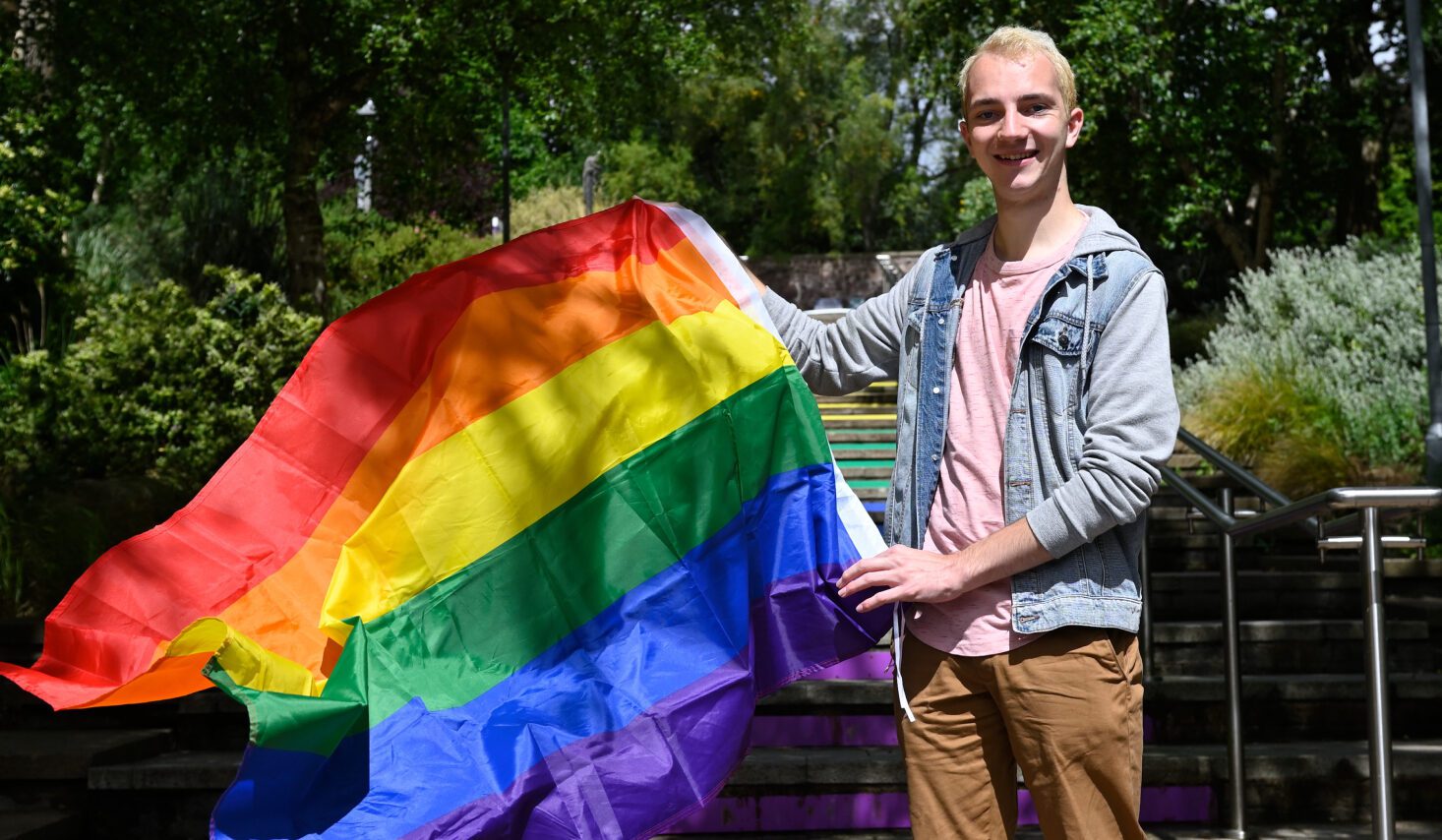
My thoughts turned to my previous relationships, and that’s when I started to question things. Eventually I got to sleep, and in the morning I went to class like nothing had happened.
When I realised I was gay at the age of 12, I didn’t really have to think about it. I didn’t really panic. I just sort of knew, and I was fine with it.
But this was different, and I couldn’t ignore it for long. So, I started to do some research. I’d always known about aromanticism and asexuality, having spent plenty of time in LGBTQ+ circles on social media. But I’d never been repulsed by sex or romance, and I’d liked being in a relationship, so I’d always assumed I wasn’t aro/ace.
But through my research, I realised just how amazingly varied the spectrums of asexuality and aromanticism are. On one site, a list titled “you might be aromantic if…” included several thoughts and feelings that I could relate to.
From having a celebrity crush because everyone else did, to liking the idea of a romantic relationship but not needing to seek it out, to having trouble distinguishing between romantic and platonic feelings. The last point resonated with me especially strongly, and I realised that I might be demiromantic.
Don’t get me wrong, I still want a relationship in the future. I still find people attractive (even if I don’t get ‘crushes’), I like romantic gestures, and I don’t get repulsed by the thought of romance. But I do still consider myself on the aromantic spectrum, because to me my future partner will always be more like a very close best friend, but one whom I cuddle with and kiss.
Obviously, everyone experiences aromanticism and asexuality differently, and this is only how I feel. I’m only a couple of months into my journey, and I may feel differently in the future, but for now I feel proud to have found my place on the spectrum.
Joshua is an ambassador for Just Like Us, the LGBT+ young people’s charity – sign up for their newsletter.
